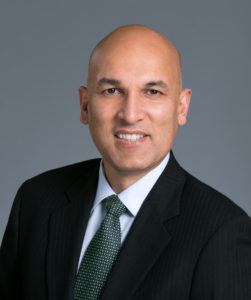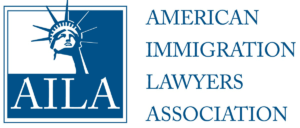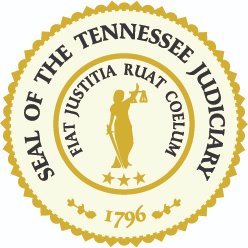Overview
The J-1 nonimmigrant visa classification also known as the Exchange Visitor Visa or J student visa, is for individuals who come to the U.S. to participate in an exchange visitor program administered by the U.S. Department of State. Typically, a J-1 student visa holder is sponsored by an educational or nonprofit institution.
There are different programs within the J-1 category, including Au Pair & EduCare, College & University Student, Secondary School Student, Camp Counselor, International Visitor, Government Visitor, Physician, Professor & Research Scholar, Short-Term Scholar, Specialist, Summer Work Travel, Teacher, Trainee, Intern.
J-1 Procedure & Requirements
- Typically, J-1 is issued for programs like Fulbright Scholarship program, specialized training program for foreign medical graduates and programs for foreign university professors performing research or teaching within the U.S.
- J-1 applicant need to document sufficient financial resources to cover expenses while in the U.S. which needs to come from applicants’ government, the U.S. government, international organization, or some other sources outside the applicant’s family.
- For J-1 based on work the salary the individual will receive can be counted as means of support.
- For J-1 based on study, the scholarship may be counted as means of support.
Related Issues
- Spouse and unmarried children under 21 of J-1 can accompany on J-2 status.
- Spouse and children of J-1 can apply for permission to work if they document the money is not needed to support J-1 applicant.
- Beneficiaries of some J-1 programs may be required to seek waiver or to return to their country of origin for at least for two years before applying for green card, a change to other nonimmigrant status.
Meet Attorney Asheesh Sharma – Your Trusted Advisor
With years of experience in employment-based immigration, Sharma Law Offices has a proven track record of successful cases. Our nuanced understanding of U.S. immigration laws ensures that your case is in capable hands.



